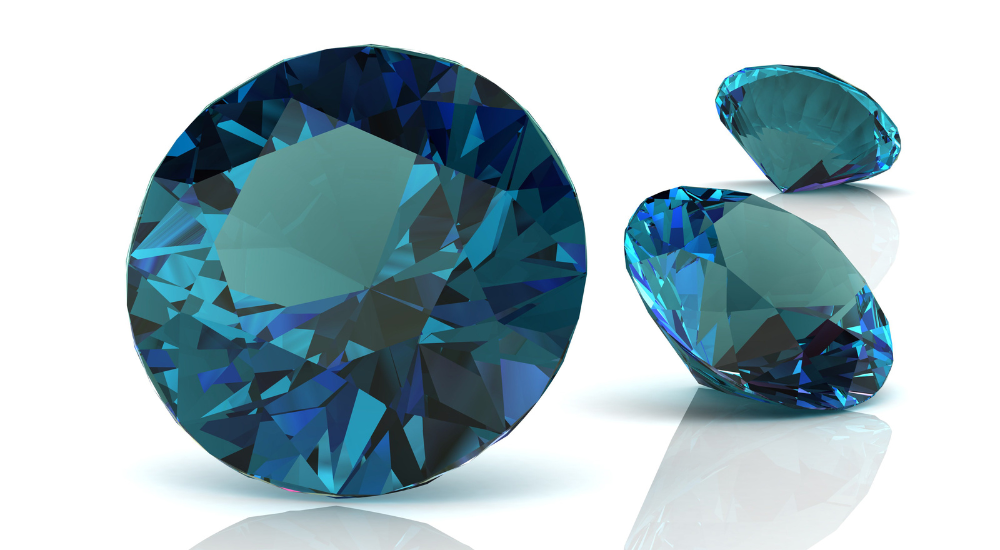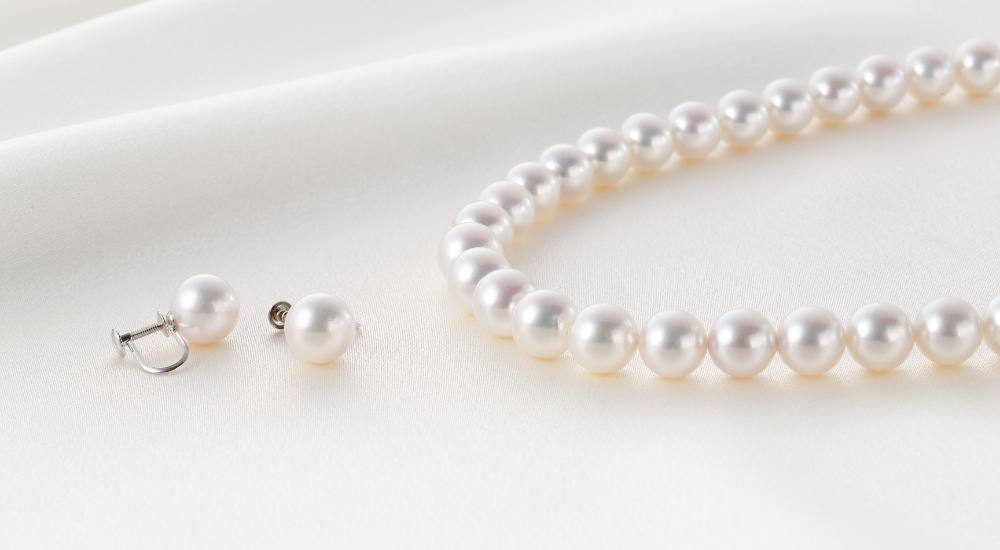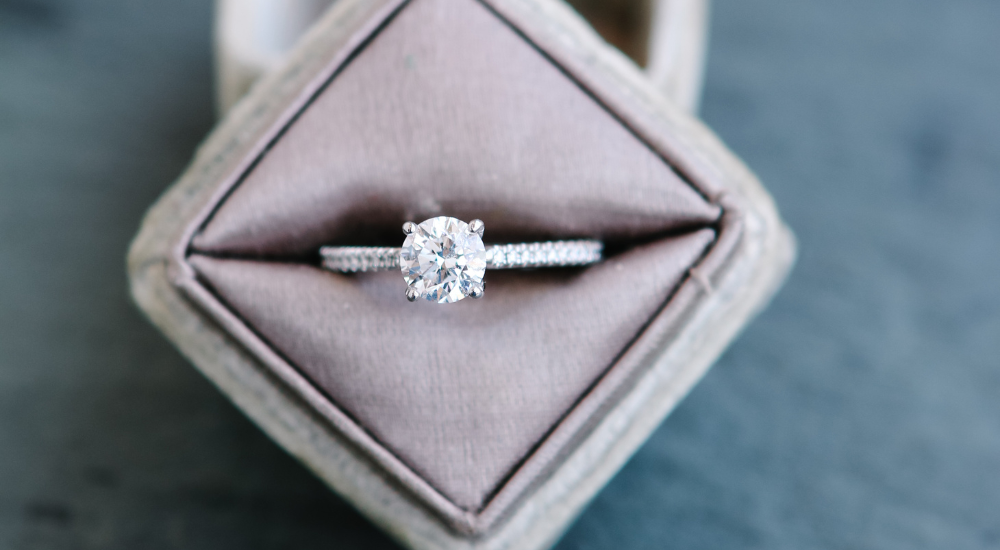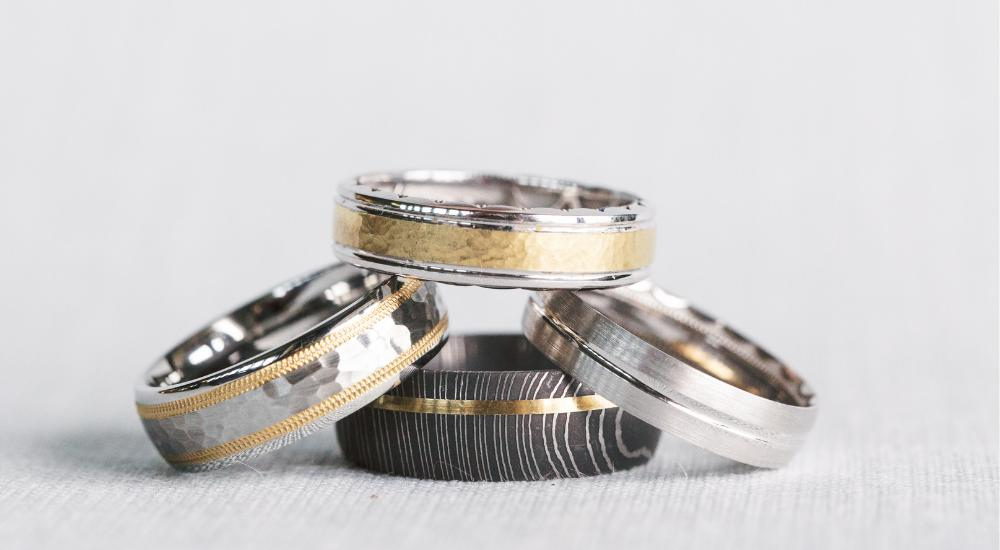Fun Facts About Alexandrite: June's Other Birthstone!
·

·
Fun Facts About Alexandrite: June’s Rare and Magical Birthstone
June is one of the few months that has more than one birthstone. Here are some fun facts about June’s other birthstone, Alexandrite!
- Alexandrite is one of the birthstones for June and the gemstone for the 55th anniversary.
- Alexandrite is ranked as an 8.5 on the Mohs scale.
- Alexandrite is a rare form of the mineral chrysoberyl. As a result of the gem’s complex absorption of light, alexandrite changes color in different environments.
- In sunlight or fluorescent light, the gem will appear green. In dimmer or incandescent light, alexandrite usually appears purple or as a purplish red. This color-changing effect is why alexandrite is sometimes said to be an “emerald by day, ruby by night.”
- Alexandrite was first discovered in the 1830s in the Ural Mountains of Russia.
- The original deposits were abundant and included fine quality gemstones with vivid hues and dramatic color-changing qualities.
- The newly-discovered gem was named after Alexander II, who would eventually become emperor.
- Imperial Russia was fascinated by the new gemstone, especially because its red and green hues mirrored the country’s military colors.
- Alexandrite is rarer and more expensive than many precious gemstones, including sapphire, ruby, and emerald.
- Natural alexandrite is rarely treated, making it even more treasured.
- Most natural alexandrites are very small. Alexandrites that weigh one-carat or more are incredibly rare and can sell for as much as $70,000 per carat!
- Alexandrites are found today in Sri Lanka, East Africa, and Brazil. High-quality varieties, however, are extremely rare, especially in larger sizes.
- Today, lab-created alexandrites make up the majority of alexandrite jewelry.
- The largest-ever faceted alexandrite is owned by the Smithsonian Institute. It weighs 66 carats and is valued at over $4 million!
See our collection of Alexandrite jewelry here.




